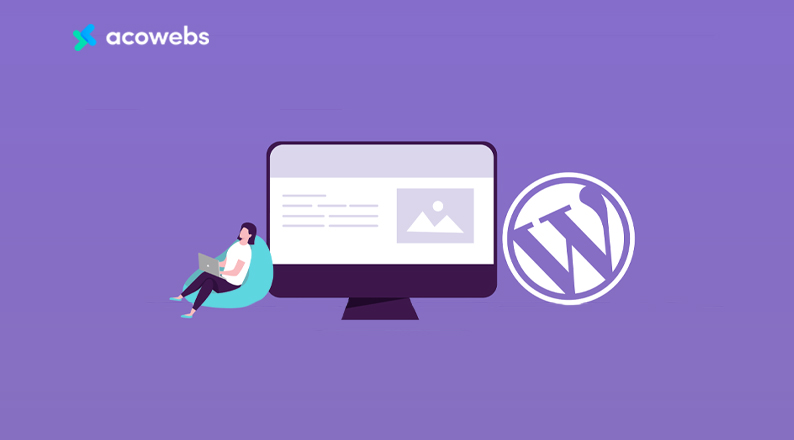WordPress and WooCommerce sites require plugins to function. They transform a run-of-the-mill website into something more impressive.
Plugins may be used to run almost any function on a website. WordPress and WooCommerce users can use plugins to construct custom websites, from e-commerce solutions to photo galleries.
Users of WordPress and WooCommerce have a wide range of plugins to select from, with developers facing significant competition.
Users often find themselves overwhelmed by all of this information and unsure of how to pick the top plugin for their online stores.
You don’t want to waste your time and money on something that doesn’t work properly or isn’t built well.
The following are some of the most important qualities that determine how well a plugin will serve your business.
Quality Coding
When choosing WordPress plugins, you should look for plugins that are coded well. The best WordPress plugin developers put a lot of effort into making their code high quality.
They spend a lot of time making sure that everything works the way it is supposed to and all possible errors have been eliminated.
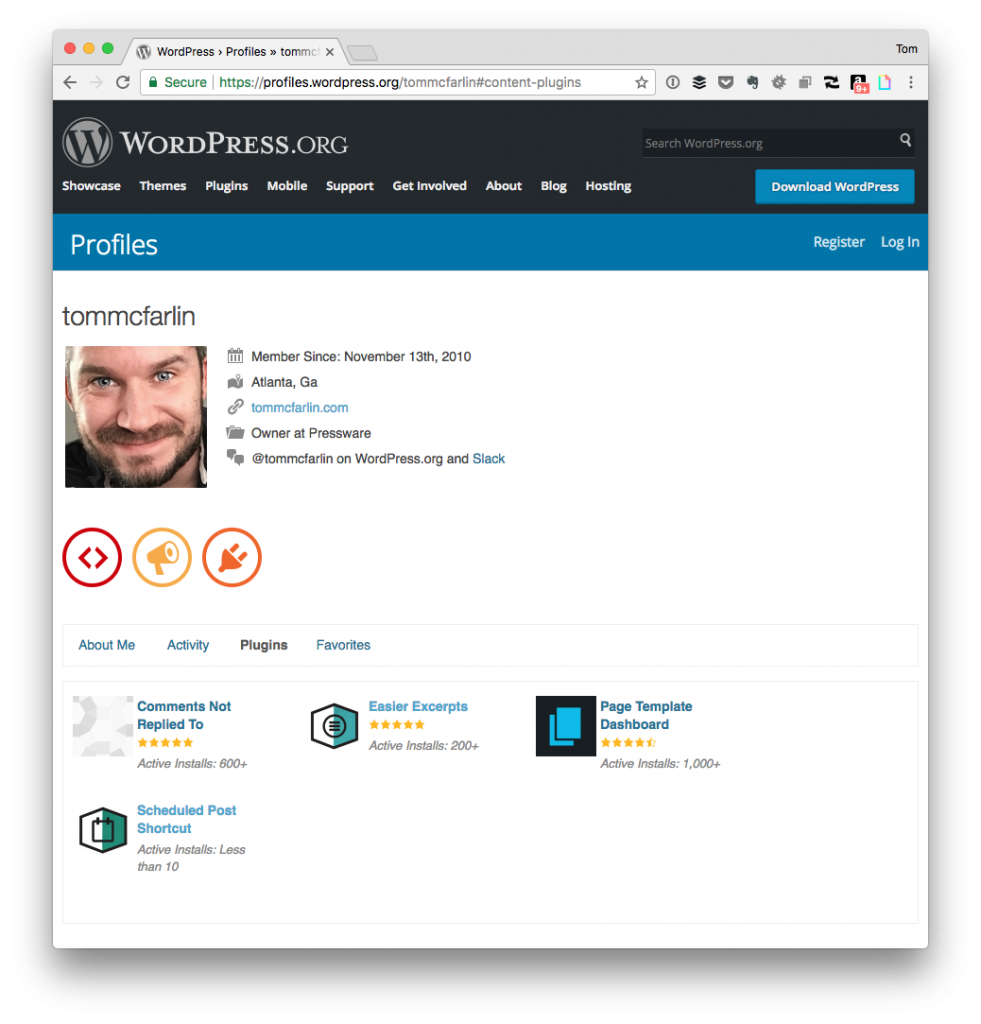
WordPress users can simply use their favorite browser’s “View Page Source” feature to check out the coding behind various pages on a WordPress site.
If you see any obvious signs of poor or inadequate coding, then it’s likely that particular WordPress plugin isn’t going to be very reliable or trustworthy when it comes to providing your website with security from hackers and malware attacks.
In addition, poorly written WordPress plugins will have a negative impact on WordPress site speed, which can frustrate users and cause them to leave your site.
WordPress users also look for plugins that are frequently updated with the latest WordPress security patches.
Many WordPress plugin developers do a great job of ensuring that their plugins employ the latest WordPress security updates.
Active WordPress Community Support
WordPress plugin developers need an active WordPress community in order to get feedback from other WordPress users who have been using the plugin for a long period of time.
This allows them to find out exactly what problems they should focus on fixing and what features they should add next.
In addition, regular WordPress community involvement helps many WordPress plugin developers identify any possible conflicts between different WordPress plugins, themes, and hosting services so they can resolve them quickly.
WordPress communities are very important for WordPress plugin developers to keep up with WordPress updates, new releases, and WordPress security patches.
ALSO READ: How to Increase The Dwell Time on your WordPress Website
WooCommerce Compatibility
If you want to use WooCommerce plugins on your WordPress or WooCommerce site, then it is vital that they are built specifically for WooCommerce.
Compatibility issues between WordPress plugins and WooCommerce can cause major problems for users who don’t know how to fix them.

Hundreds of WordPress plugins already exist that will allow you to integrate the features on your WordPress or WooCommerce website with popular third-party services like MailChimp, but none of those WordPress plugins can do anything if they aren’t compatible with WordPress or WooCommerce itself.
Make sure the plugin developer includes thorough documentation about their plugin’s WordPress and WooCommerce compatibility in their WordPress plugin’s description page.
Customization in WordPress and WooCommerce plugins
Many WordPress plugins that offer WordPress users a way to add new features to their WordPress or WooCommerce website don’t provide enough options for users to customize the experience, which can get frustrating after a while.
WordPress and WooCommerce users often look for WordPress plugins that offer them complete flexibility with everything from the color schemes to the exact design of different elements on their WordPress site.
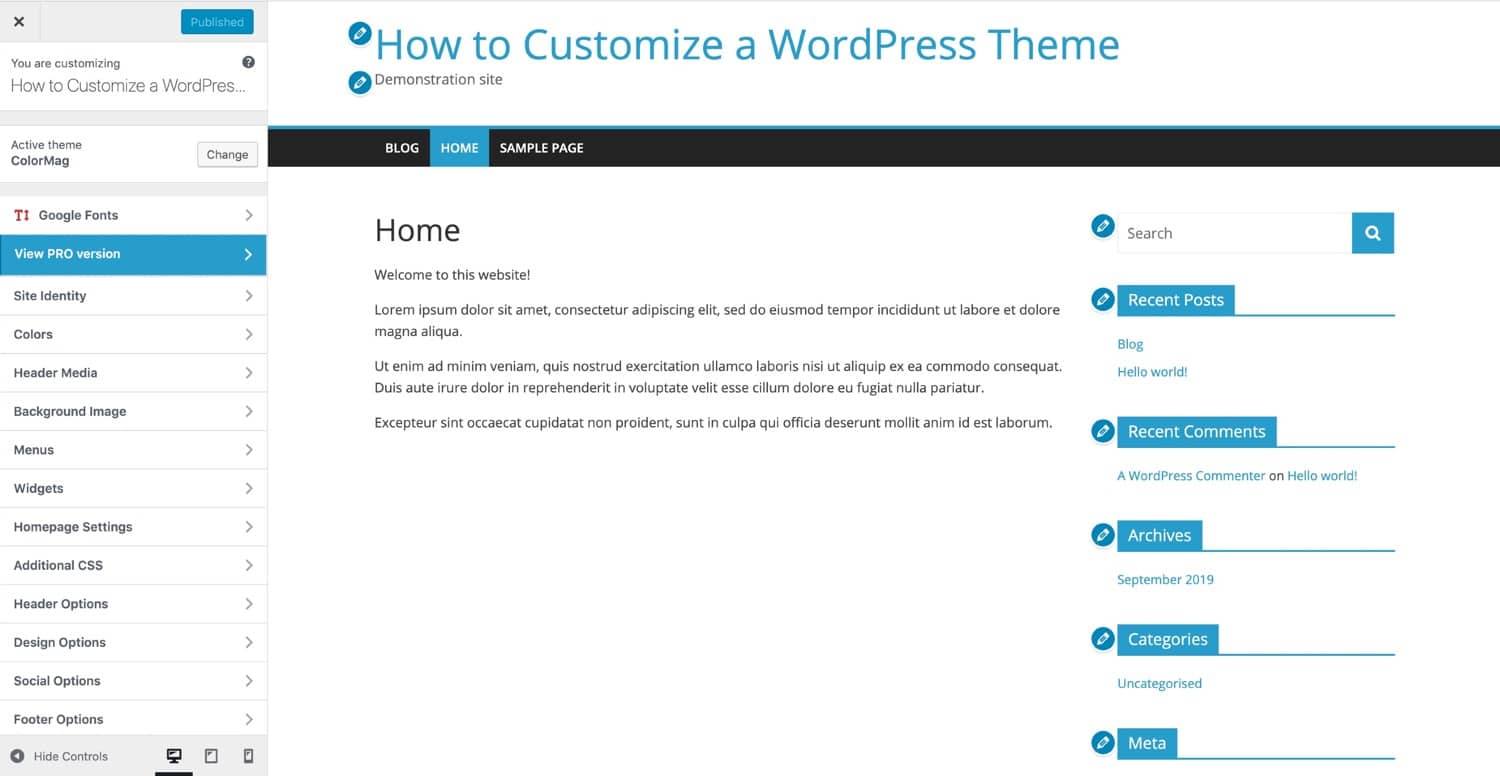
WordPress customers will also want any WooCommerce plugin they use to support all of their favorite third-party theme and template providers, which may include: Avada, Elegant Themes, Genesis Framework, Headway Themes, OceanWP, and more.
If you’re using WordPress and WooCommerce, then you’ll want WordPress plugins that support the WordPress and WooCommerce plugin’s favorite WordPress themes as well as WooCommerce’s own built-in WordPress themes.
In all likelihood, there’s not a WordPress and WooCommerce site that’s 100% optimized in every way.
WordPress plugins can be used to add custom CSS, Javascript, or HTML code snippets for site owners to customize their WordPress plugins to fit the needs of their WordPress websites without compromising online security.
WordPress plugin developers should offer WordPress users support for such customizations when including them in WordPress plugins because giving WordPress customers the ability to make changes on top of great plugins is all part of making sure WordPress sites are user-friendly and secure.
ALSO READ: WooCommerce Setup Tutorial on Your WordPress Website
Speed & Security Auditing
WordPress websites can be extremely slow if WordPress plugins are poorly coded or are not updated regularly.
WordPress plugin developers have an obligation to test their WordPress plugins with many different WordPress hosting services so WordPress users don’t get stuck wasting money on hosting providers that only cause WordPress plugins to keep crashing no matter what they do.
WordPress plugin developers should also include a security auditor with all of their plugins because hackers often try to exploit poorly written code in WordPress plugins, themes, and other third-party software.
Plugin Support, Updates, and Patches
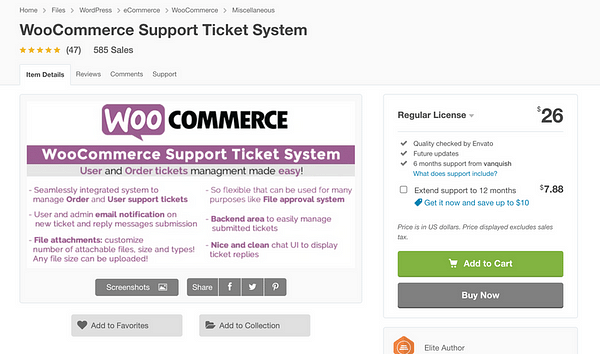
Many popular WooCommerce plugins require customers to purchase lifetime access which can end up costing them hundreds of dollars over the years for updates and support, while others choose to charge per year or per update instead.
This is one area where WordPress plugins can truly stand out from WordPress themes.
WordPress themes typically come with a single purchase that gives WordPress users access to free plugin support for as long as WordPress is around.
WordPress and WooCommerce plugins often charge WordPress users for this type of support, which may leave some WooCommerce customers wondering if they’re getting their money’s worth.
While it would be nice to have WordPress theme developers offer free plugin updates to WordPress users who already purchased the WordPress theme, that isn’t very realistic due to how costly it can be for theme creators to create high-quality premium products.
There are many reasons why WordPress plugin developers make regular updates available for all of their paid plugins, but the most important reason behind this decision has nothing to do with WordPress customers demanding it.
WordPress plugin developers releasing frequent WordPress updates is actually done to ensure that WordPress plugins don’t break WooCommerce stores or WordPress websites due to compatibility issues with the newest version of WordPress and WooCommerce.
Making sure all WordPress plugins are compatible with the latest versions of WordPress and WooCommerce is extremely important for both WordPress customers and for online merchants using WooCommerce because incompatibility can lead to hacked WordPress sites, loss of product revenue, account suspensions on third-party hosting providers, and much more.
ALSO READ: How to Manually Backup a WordPress Website: A Step-by-Step Guide
Excellent Functionality
WordPress plugins are very powerful tools because WordPress websites are only as good as the plugins powering them.
WordPress users use WooCommerce to power e-commerce WordPress sites, WordPress developers use plugins for additional features that aren’t offered by WordPress themes, and either of these two types of WordPress websites will need strong plugin support in order to be successful online.
Plugins should offer customers many different options within one easy-to-use interface so no advanced knowledge of code is necessary in order to accomplish tasks.
They should also include quick links to documentation where all users can access information on how to maximize the WordPress plugins they’re using along with instructions on how to contact support if any issues or bugs arise during site management or product page creation.
WordPress plugins are also available for WordPress users to use on WordPress multisite networks, which is not always the case with WordPress themes.
WordPress plugins can be created to work on WordPress multisite networks just like WordPress themes, but they’re often more successful at doing so due to lack of compatibility issues that may arise between WordPress multisite and WordPress plugins.
User Experience in WordPress and WooCommerce plugins
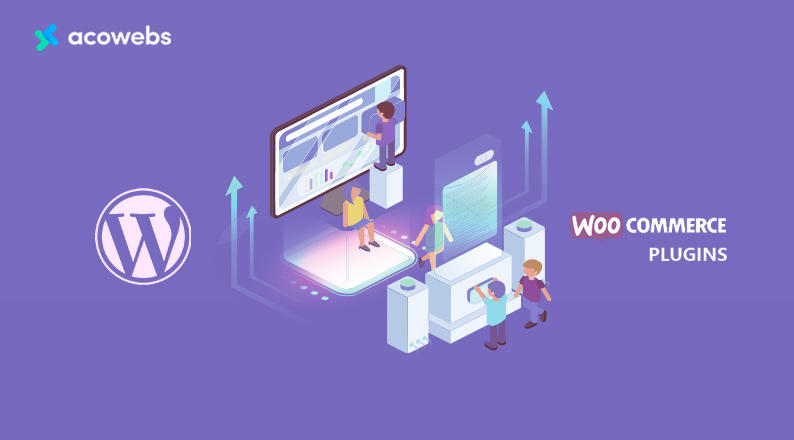
Every WooCommerce plugin should function seamlessly with WooCommerce to make sure customers experience no hiccups during site setup or product page creation.
Even if every other criterion on this list is met by a WordPress plugin, poor performance can lead to bad reviews and low sales which will hurt overall revenue for online merchants using WooCommerce as their e-commerce solution.
Customers appreciate high-quality WordPress plugins because they don’t want to waste time learning how to use new features on their WordPress websites after spending money on them.
One of the many ways in which WooCommerce customers interact with their WooCommerce store is by searching for products throughout the site or perusing categories where existing products are sorted by similar criteria.
WordPress plugins should offer lists of links to product listings featuring relevant keywords because it’s very difficult for WooCommerce users to find specific items if no keywords are used when indexing products.
The plugins also need to include WooCommerce-specific calls to action that will help WordPress customers find the products they’re looking for, as quickly as possible.
Developers should also consider adding WooCommerce dropdown menus to WordPress plugins as a simple way to save space on WooCommerce product pages without sacrificing content visibility.
WordPress and WooCommerce plugin developers can also improve upon WordPress themes by offering customers many different color schemes and designs from which to choose before purchasing a WordPress plugin.
This allows WordPress users to create their own custom look for a WordPress site using a WordPress theme designed specifically for the needs of businesses selling products online without being forced into an aesthetic that doesn’t match the website’s brand or image.
ALSO READ: WooCommerce SEO Tips and Tricks to Boost Traffic and Sales
Conclusion
There are many great WordPress and WooCommerce plugins available both free and premium, but quality plugins will always contain all of the same features as those offered in costly themes like easy installation, customization, compatibility with most browsers, proper user support channels such as email and ticket-based systems, and up-to-date compatibility with current versions of WordPress and WooCommerce releases.
At Acowebs, we take pride in creating top-notch WooCommerce plugins which are not only rich in features but also come with unique UX. Our plugins are currently used by more than 60000 customers across the world.
Acowebs are developers of Woocommerce dynamic pricing that will help you add bulk discounts to products on your stores. It also developed the plugin for adding various extra product fields which is called Woocommerce custom fields, that are lightweight and fast. You can easily update your store with these add-ons and enjoy a hassle-free experience, check out the best options for additional Woocommerce product options. The latest plugin from Acowebs, WooCommerce PDF invoices, comes with top-notch UX and are used by customers across the globe.












 Login
Login
 Cart
Cart